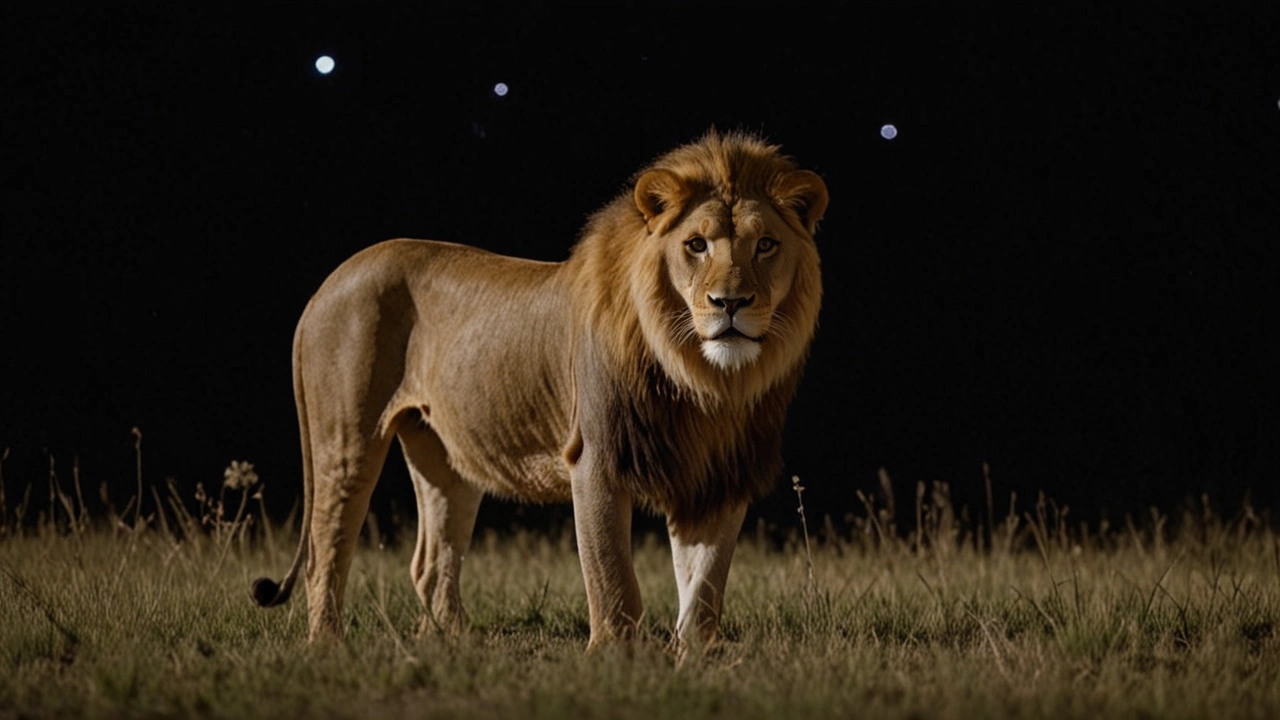Lion Behavior: Simple Facts About How Lions Live
Ever wondered why lions act the way they do? Let’s break it down so you can understand these big cats without getting lost in science jargon.
How a Pride Works
A pride is a family group that usually has a few females, their cubs and one to three males. The females stay together for life and do most of the hunting. Males protect the territory and keep other male lions out. When you see a lion lounging in the shade, it’s probably a female keeping an eye on her cubs.
Females talk to each other with low growls and soft purrs. These sounds help them stay coordinated when they hunt or move around the savanna. The males use louder roars that can be heard for miles – a warning to rivals and a way to let the pride know they’re still there.
Why Lions Hunt the Way They Do
Lions are not built for long chases. Instead, they rely on teamwork. A group of females will stalk their prey close to cover, then sprint for a short burst. The strongest members go after the biggest animals like zebras or wildebeest.
If a hunt fails, the pride doesn’t give up. They’ll try again later in the day when it’s cooler and the prey is more tired. This patience is key – lions can wait hours for the right moment.
Male lions also get a share of food but they usually eat first. That’s because they need extra energy to defend the pride. After eating, they often rest in the sun to digest.
Reading Lion Body Language
A lion’s ears and tail tell you a lot. Ears pinned back means the cat feels threatened or is about to fight. A relaxed ear position shows it’s calm.
The tail can be twitchy when a lion is excited, like right before a hunt. If the tail is still, the lion might be sleepy or just resting.
Roaring isn’t only for showing strength. It can also be a way to locate other pride members after they’ve been apart.
Practical Tips for Spotting Lions Safely
If you’re on a safari, stay in your vehicle and keep windows closed when lions are near. Move slowly; sudden actions can startle them.
Listen for low growls or distant roars – they’re often signs that a pride is close.
Finally, respect the space of lion cubs. Adults become aggressive if they think their young are threatened.
Understanding lion behavior makes watching them more exciting and keeps you safe. The next time you see a lion lounging in the grass, you’ll know exactly what’s going on behind those big eyes.

Record-Breaking Swim by Lion Highlights Survival in Predator-Rich African River
In Uganda, two lion brothers astonished researchers by breaking records with a swim across a predator-heavy river. Griffith and Northern Arizona University documented the event, revealing one lion's astounding survival story amidst dire challenges.




